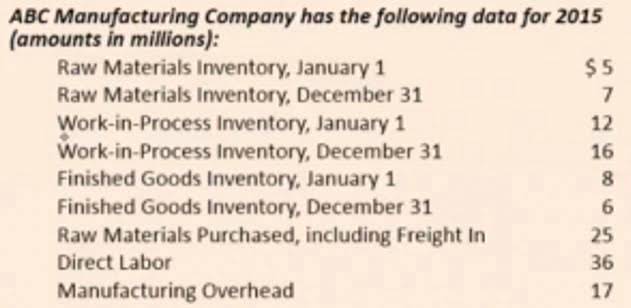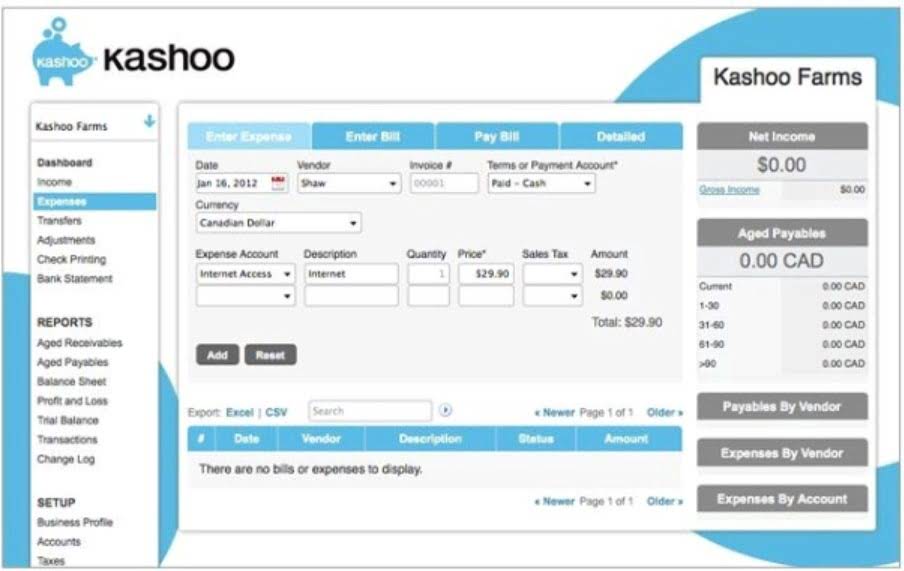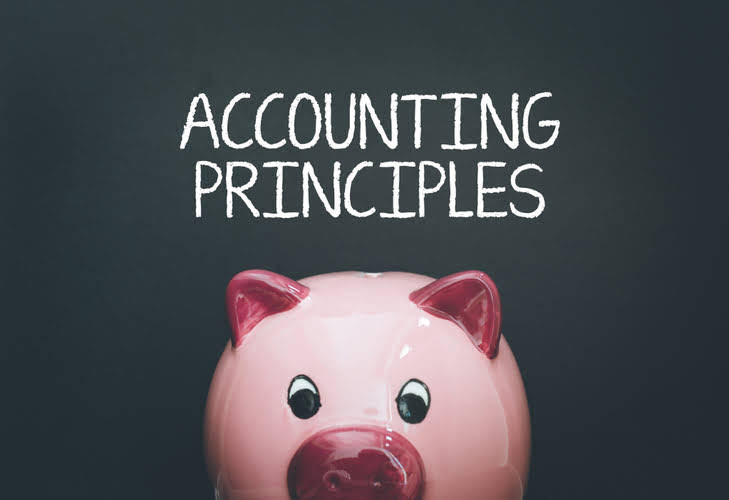
A patent is a contract that provides a companyexclusive rights to produce and sell a unique product. The rightsare granted to the inventor by the federal government and provideexclusivity from competition for https://www.bookstime.com/ twenty years. Patents are commonwithin the pharmaceutical industry as they provide an opportunityfor drug companies to recoup the significant financial investmenton research and development of a new drug.

Types of Intangible Assets

As they are used up, an expense representing this use gets carried over to the income statement. Several industries have companies with a high proportion of intangible assets. Intangible assets contribute to a company’s competitive edge, innovation, and overall market value, reflected on the balance sheet. Meanwhile, an unidentifiable intangible asset can’t be separated from a business. Examples of unidentifiable assets are brand recognition, corporate reputation and client relationships. The acquisition cost of a plant asset is the amount of cost incurred to acquire and place the asset in operating condition at its proper location.
How Are Intangible Assets Disclosed on a Company’s Balance Sheet?
Thedifference is recorded as goodwill on the purchaser’s balancesheet. Intangible assets differ from tangible assets, which have physical forms such as buildings or office furniture. For businesses, an intangible asset includes patents, goodwill, and intellectual property.
Tangible Assets vs. Intangible Assets
The IRS lists two methods of depreciation you can use, which are straight-line and accelerated depreciation. Straight-line depreciation spreads out an asset’s cost evenly (by dividing the total cost by its useful life) while accelerated depreciation deducts a higher percentage in the first few years, then less later on. List depreciation and amortization expenses on your income statement. PP&E may be liquidated when a company is experiencing financial difficulties.

- This division of cost establishes the proper balances in the appropriate accounts.
- Compared to Exxon’s total assets of over $354 billion for the period, PP&E made up the vast majority of total assets.
- However, a recognizable brand name can still create significant value for a company.
- You can sell what you’ve created with what you’ve invested in, whether that product is a service or an item.
- Long-term assets, sometimes called fixed assets, comprise the second portion of the asset section on the balance sheet.
- PP&E represents assets that are key to the functionality of a business.
Long-term assets, sometimes called fixed assets, comprise the second portion of the asset section on the balance sheet. These long-term assets have less liquidity and are often more capital-intensive in nature. The transferability and marketability of intangible assets can vary significantly depending on factors such as market demand, legal protections, and the uniqueness of the asset.
Do you already work with a financial advisor?
Selling property, plant, and equipment to fund business operations may signal financial trouble. Companies can also borrow from their PP&E as a floating are plant assets tangible or intangible lien, meaning the equipment can be used as collateral for a loan. An item is tangible if it can be touched and has a real, physical presence.
- As such, both values are recorded on the balance sheet and analyzed in total performance management.
- Unlike intangible assets, the value of tangible assets is easier to determine.
- For example, if a business’ assets add up to $1 billion and its liabilities total $500 million, the difference would be $500 million.
- When purchasing a building for retail operations, the historical cost could include the purchase price, transaction fees, and any improvements made to the building to bring it to use.
- Even if the market value of the asset changes over time, accountants continue to report the acquisition cost in the asset account in subsequent periods.




